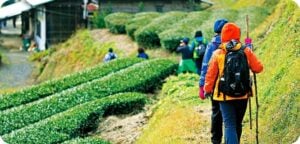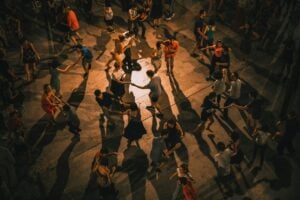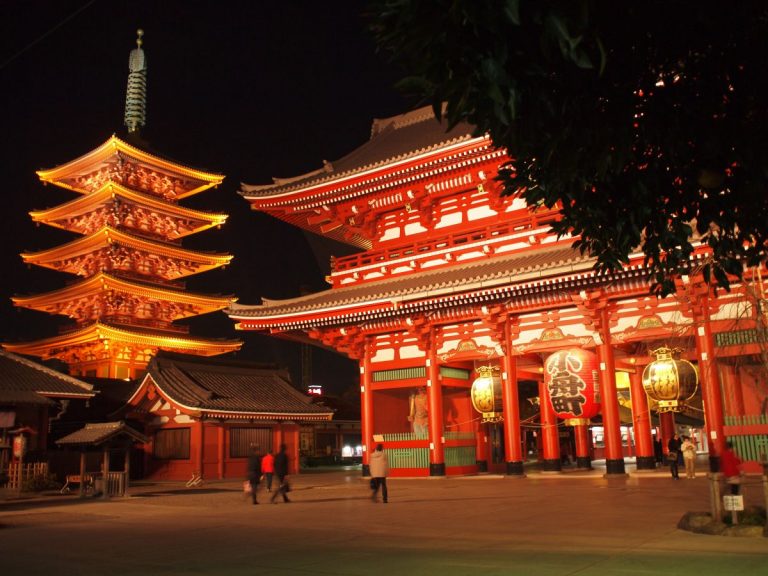
There’s nothing wrong with lounging at home on New Year’s Day – you definitely deserve the rest! However, as New Year’s is the most significant holiday of the year in Japan, there are many exciting traditions that are designed to start your year off right. From spiritual and mental rejuvenation, calligraphy, and traditional cuisine to can’t-miss shopping, it would be a shame not to take advantage of what the New Year’s season has to offer.
Here is a list of 5 activities that will get you ready for 2022:
Hatsumōde (初詣)
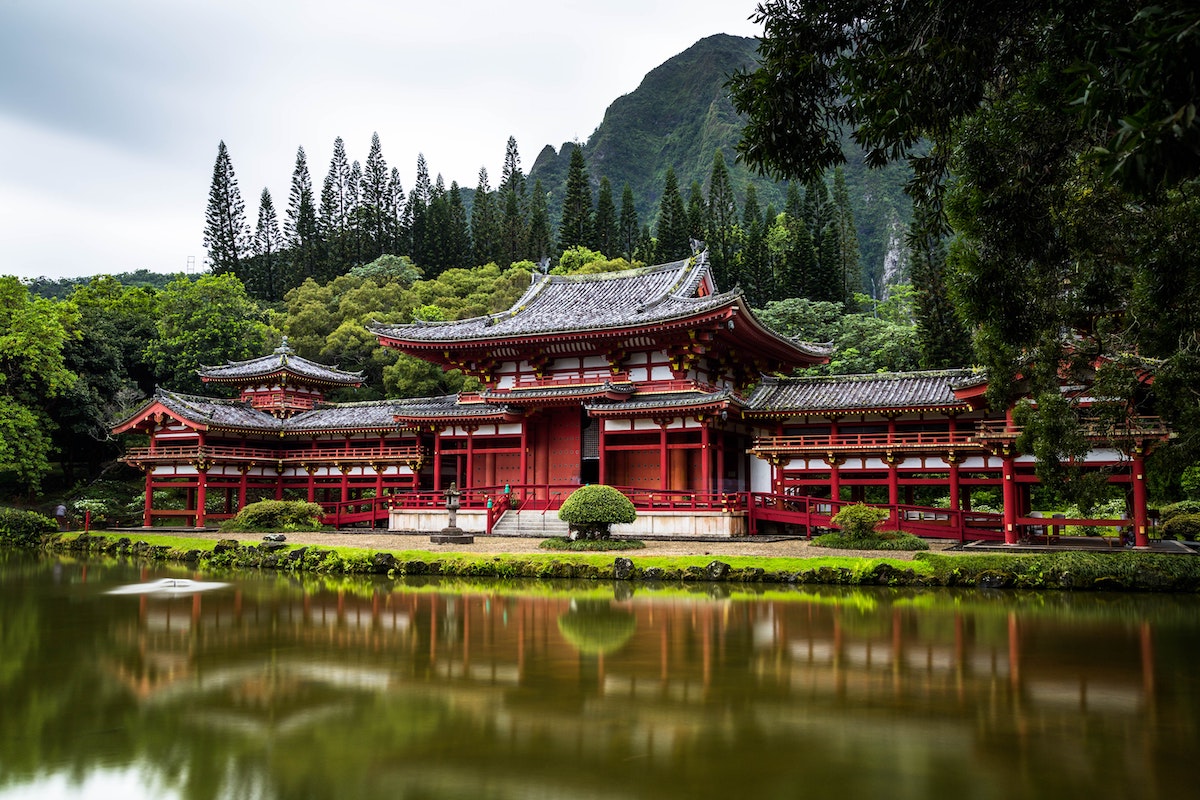
This is a staple in the Japanese canon of New Year traditions. Hatsumōde is the first temple or shrine visit of the new year and is the perfect way to jump start 2022! Pray for a healthy year ahead, a good score on upcoming exams or a promotion, then head over to buy omikuji (おみくじ). These are fortune slips that predict where your luck will fall in various facets of life and love. Don’t worry, if your omikuji is less than stellar then make your way to scaffolding with omikuji tied to it. Typically, this scaffolding will be between pine trees (松matsu). This is a pun on the tree name and the verb “to wait” (待つmatsu), and thus you have a place to put your bad luck “on hold” by tying it up and leaving behind you at the shrine. If your close call with an unlucky year has you shaken, buy an omamori (お守り, beautifully crafted protection charms), for good measure.
Buy mystery bags fukubukuro (福袋)
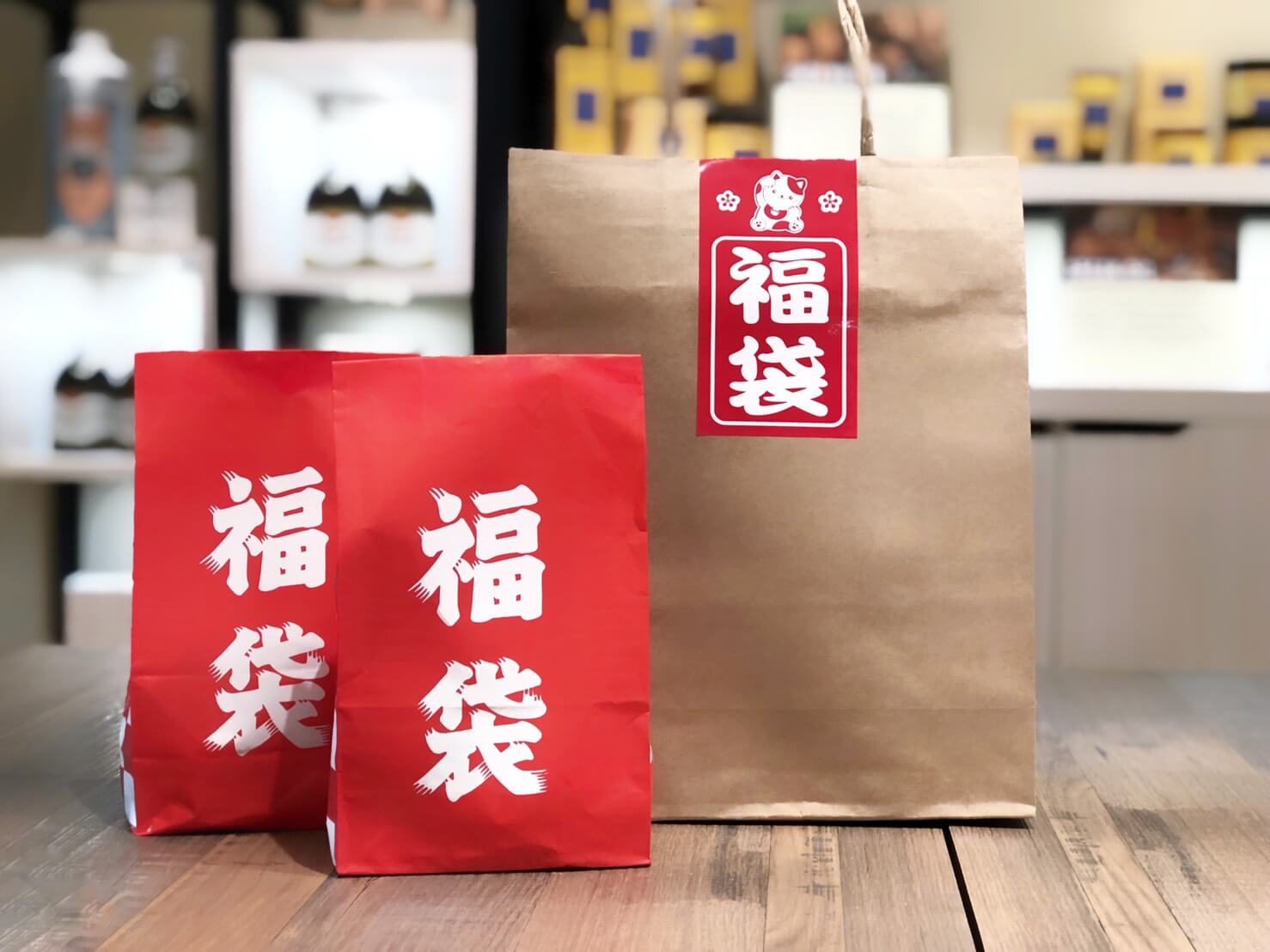
Mystery bags, grab bags, lucky bags, whatever you call them, they’re a Japanese New Year’s tradition that can’t be passed up! From local supermarkets to household names like Starbucks, fukubukuro are a great way to start the year right by getting a surprise variety of products at a good price. These bags not only include a wide selection, but also often have limited edition products as well!
For 2022, Japanese websites are predicting that place like Mister Donuts, KALDI, KFC, VILLAGE VANGUARD, and Yodobashi Camera will have some of the best grab bags. Many companies are also offering online fukubukuro exclusives, so be sure to check your favorite shop’s website.
Kakizome (書き初め)
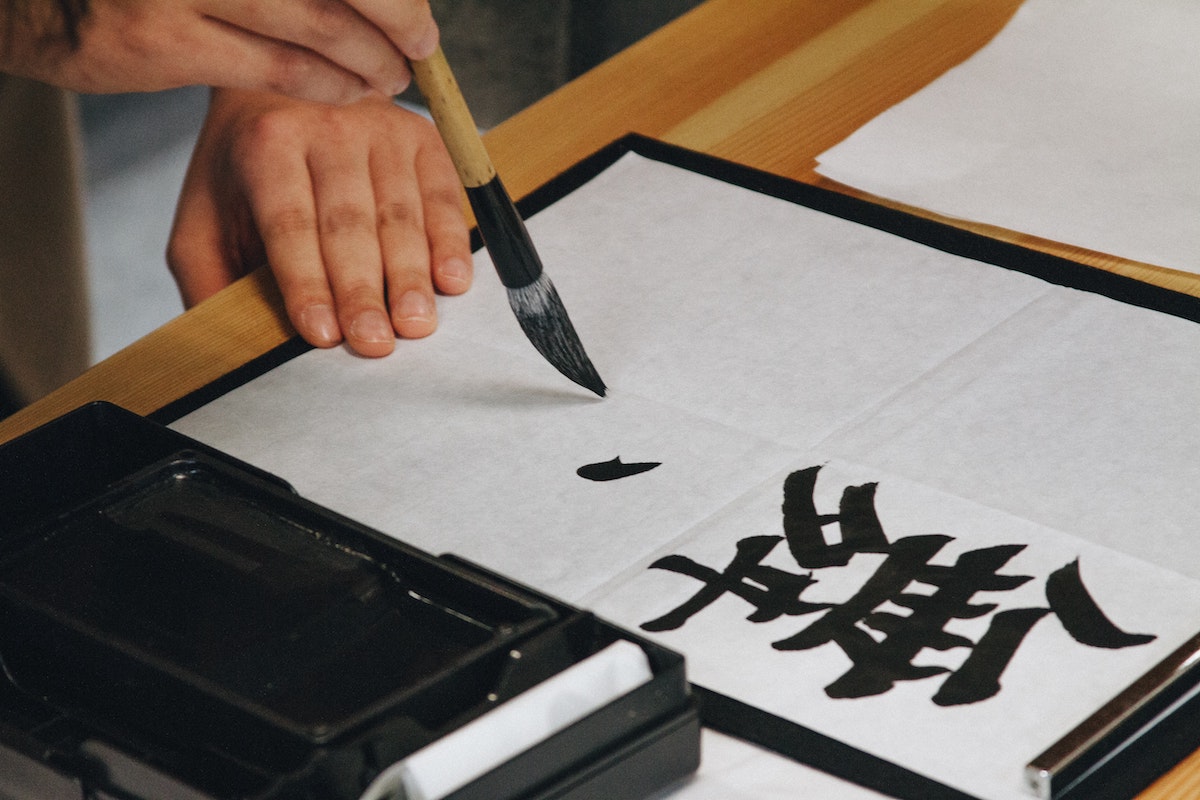
Get your friends together and put your New Year’s wishes to paper with this calligraphy tradition. Kakizome is a common activity, especially for kids in school, and is a perfect way to practice your calligraphy while setting the vibe for the coming year. Popular ideas can be simple, one-character words such 夢 (yume “dream”) or 愛 (ai “love”) or more complex phrases such as 綺羅星 (kiraboshi “glittering stars”).
Make traditional Japanese New Year’s Foods
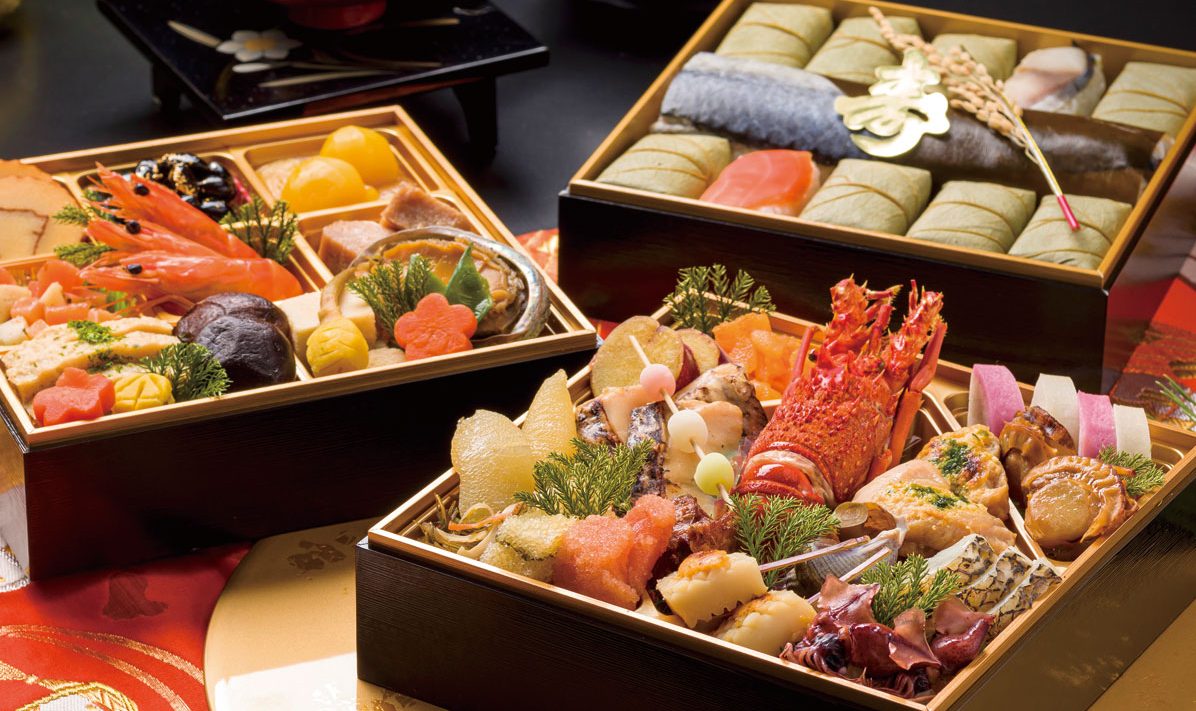
Osechi (お節料理) is synonymous with “New Year’s cuisine” in Japan. These days it’s popular to buy osechi sets from supermarkets or restaurants, but traditionally it was made at home. The set meal contains a variety of foods, such as bitter orange, sweet omelet rolls, black soybeans, zōni (お雑煮 a soup featuring a clear broth), as well as prawns. In fact, there are so many options for osechi that it is possible to customize the perfect meal for yourself that is both traditional yet fits your preferences or dietary restrictions.
If osechi is too much of a commitment, especially with hatsumōde, fukubukuro buying and calligraphy with friends, chirashi zushi (ちらし寿司) is an easy New Year’s alternative. This sushi variant uses a base of cooked vinegar rice as the canvas atop which you can arrange a variety of sashimi, vegetables, and/or egg to create a simple yet colorful dish.
Visit a “power spot” (パワースポット)
Power spots, also known as “energy spots” or “energy vortexes” are places that are said to have concentrations of spiritual energy or healing energy from the earth. Shrines are often considered power spots, such as Tokyo’s famous Meiji Jingū (明治神宮). However, there are many spots that are purely nature without a necessarily spiritual or religious connection. Lake Biwa (琵琶湖 Biwa-ko) in Shiga prefecture is one notable example. It’s Japan’s largest lake, and while the entire lake is considered a power spot, the focal point is Chikubu Island (竹生島 Chikubu-shima), which is believed to be capable of granting wishes.






